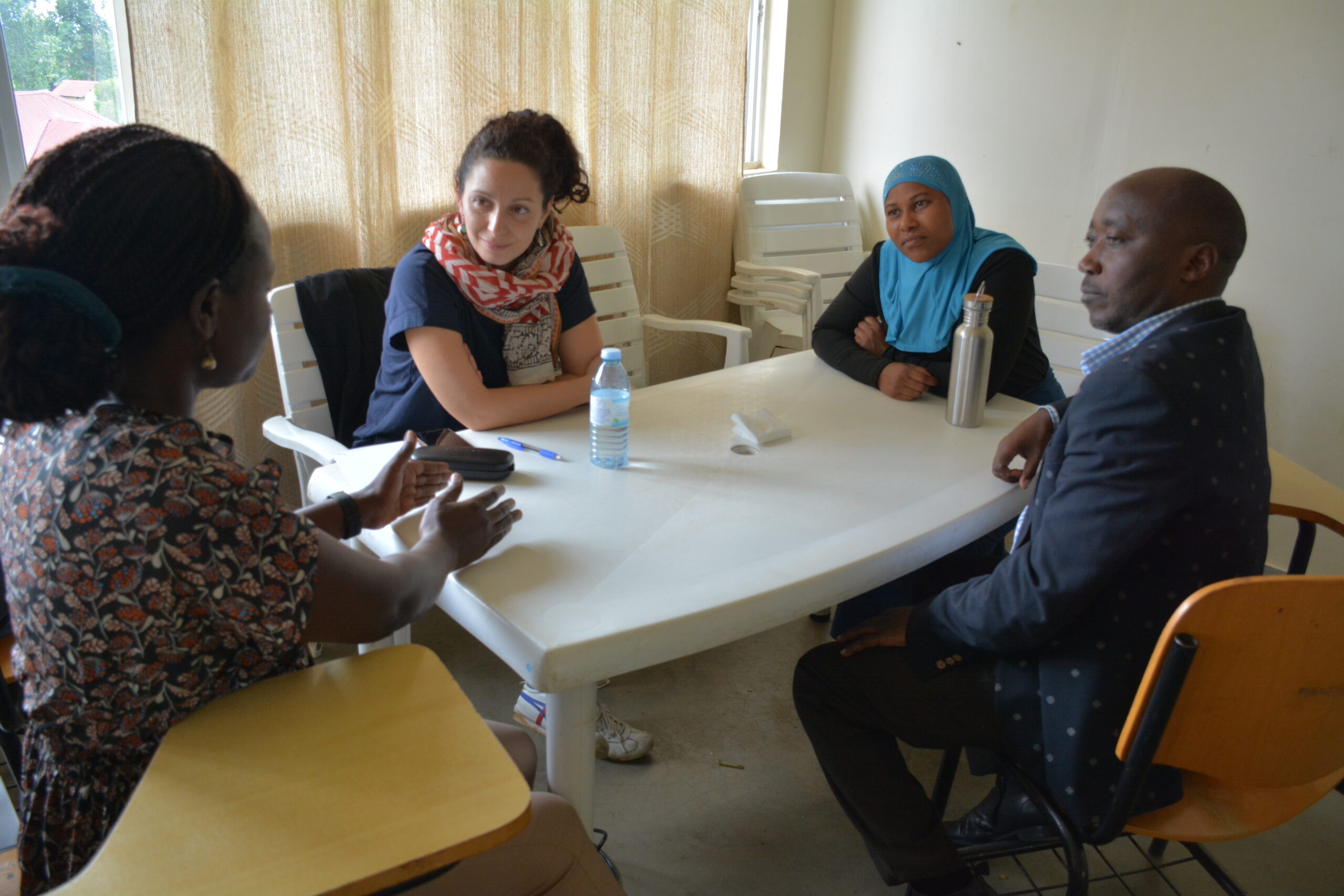A 2 day training in Gender and Inclusion in Agro-Ecology has successfully been concluded at the Main Hall, Lake Saaka Campus. The training that started on February 2nd ended February 3rd 2023 under AER Phase II Project that is aimed at strengthening higher education, research, and science communication in Agro-Ecology in the Rwenzori Region.
The training attracted academic staff from different faculties due to the interdisciplinary nature of the project. The trainees included academic staff from faculties of Agriculture and Environmental Sciences; Humanities and Social Science; Business and Management Sciences; Education and Library Staff.
The AER Phase II Project is a 3-year Project that has so far run 1-year down with two years left to run. The Project outcomes are: Improved teaching in MSc. In Agro-Ecology program; Production of Quality Participatory Action Research; and Increasing the capacity of farmers to actively participate in the development and consequently adoption of agro ecology research innovations through the living labs.
The international coordinator of the AER Phase II Dr. Violate Kisakye was glad that training had been concluded successfully with the smiling Ms. Nansamba Hadijah hoping that the remaining two year life of the project be a success a story. Ms. Nasnsamba Hadijah is the work package leader under Gender and Inclusion in Agro-Ecology in the AER Phase II project.
The leader trainer in the two day training was Ms. Nikoleta Nikisiani from BOKU University (University of Natural Resources and Life Sciences, BOKU, Vienna) which is the project partner University.
The two day participatory training covered the following topics:
- Gender in Higher Education
- Unequal representation in academia
- Gender – sensitive approach in scientific areas of agriculture and food
- Gender – sensitive approach in research
- Gender – sensitive Approach in the curriculum
- Gender Main streaming in Higher Institutions of learning
- Plans for more trainings in gender
Plan for future projects gender related and agriculture

